Kashmir: power and regional political institutions
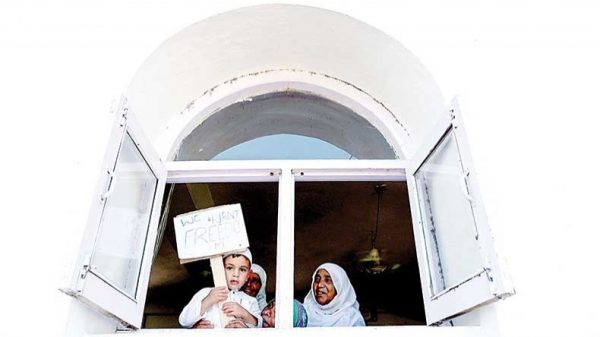
AS THE decade of the 1990s dawned, the political, cultural and socioeconomic fabric of Kashmir was severely impaired by the free rein given to Indian military and paramilitary forces to quell dissidence, and also by Pakistan-trained militants who, in a no holds barred conflict, inflicted atrocities on their co-religionists as well. New Delhi hadn’t succeeded in consolidating democratic institutions in the state, which could have enabled effective participation.
India’s political and democratic practices, as Robert A Dahl observes in his book On Democracy, ‘have displayed some egregious shortcomings from a democratic point of view. It has suffered from recurring violations of basic rights’. The disillusionment created by New Delhi’s ploys, and the warped motive of the Pakistani military in spurring the growth of a jihadist element in Kashmir and facilitating the infiltration of armed combatants across the Line of Control (border separating Indian administered Jammu and Kashmir from Pakistan administered ‘Azad’ Kashmir) have been very destructive.
The tranquillity of the region has been shattered by the heavy hand of political and military totalitarianism. The region resembles a vast concentration camp, swarming with soldiers. Police or military barriers abound in both urban and rural areas, and intimidation is a rather common occurrence at these checkpoints. The Valley seethes with a repressed anger generated by the humiliating brutality inflicted by Indian troops. The history of Kashmir is replete with egregious errors. As one scholar, Vincent H Smith, wrote, ‘Few regions in the world can have had worse luck than Kashmir in the matter of government.’
What happened to the valley that provided inspiration to poets, saints and writers? Where is the beauteous land in which even a dull-witted writer could find her/his muse? Where are the majestic chinars, the fragrant pine trees and the luxuriant weeping willows that provided harbour to those buffeted by the fates? The mesmerising Mughal gardens in the Valley with their refreshing springs and breath-taking waterfalls bemoan the state of the riven land, the polluted streams and the devastated people.
Repressive statutes, brutal acts, a corrupt political and bureaucratic infrastructure, pigeonholing Kashmiri students as ‘ignorant insurgents,’ fomenting dissension within the ranks of the people can only undermine the human aspect of the Kashmir issue which no well-thinking, rational person, Indian or Pakistani nationalist should tolerate.
The conscious policy of the prime minister Modi and his cohort to revoke autonomy, downgrade the state and democratic institutions in Jammu and Kashmir has further alienated the people of the former state. The exposure of some democratic institutions as a brutal facade has instigated disgruntlement and antipathy toward democratic procedures and institutions in the state.
Militarisation will yield no results
THE Narendra Modi government has been sending additional troops to the Kashmir Valley. There is a heavy deployment of paramilitary troops in the Valley and an information blackout that keeps military operations under wraps. It is an egregious mistake and one that has severe ramifications to allow the military of a nation-state to bludgeon its democratic processes. And I cannot emphasise this point enough.
I discuss this issue in the classes that I teach and I wrote about this in my article on ‘Military Interventions in Democratic Spaces’ as well. Instead of deterring the growth of democracy and depoliticising the people, the goal should have been to empower the populace of Jammu and Kashmir sufficiently to induce satisfaction with the Kashmir constituency’s role within current geopolitical realities such that a dis-empowered populace does not succumb to ministrations of destructive political ideologies. But the Narendra Modi government is in too much of a rush to erase difference and homogenise a diverse India.
The dominant perception of Kashmir as just an insurgent state within the Indian Union and not as a political unit with legitimate regional aspirations might benefit security hawks but will not do any long term good.
Regional aspirations continue to be asphyxiated by the politics of the Indian and Pakistani nation-states. I have been distressingly aware of the atrocities inevitably inflicted on idealism, particularly by nation-states that, by their nature, do not brook opposition, which I concretised in The Life of a Kashmiri Woman. As Kashmir has been witnessing for a long time, structures of governance might change, legal discourse might change but it is armed might that bestows authority on nation-states, giving them the legitimacy to wage wars and to annihilate peoples in the wake of those wars.
Democracy promises curative treatment
I OBSERVED in my book Islam Women and Violence in Kashmir: Between India and Pakistan that the Simla Agreement, ratified in 1972 by then Pakistani prime minister Zulfikar Ali Bhutto and Indian prime minister Indira Gandhi soon after the 1971 war, gave legitimacy to the bilateral nature of the Kashmir issue; entrenched the cease-fire line between Indian-administered Kashmir and Paksitani-administered Kashmir, thereafter referred to the Line of Control; validated the UN charter as governing relations between the two countries; and agreed to reaching a final settlement of the disputed area in the former princely state of Jammu and Kashmir. The common perception in India was that by ratifying the Simla Agreement, Pakistan had tacitly acknowledged the Indian Union’s claim over the state. This perception in politically influential circles in India and Pakistan seemed to give a much yearned after legitimacy to India’s centrist policies.
Democracy, however, promises curative treatment as opposed to mere palliative treatment, and citizens continue to hope for the restoration self-determination, rule of law, a solution-oriented revival of internal political dialogue, negotiations, and, in this day and age, accommodation of diverse ideological and political leanings identities within a secularist framework, creating new openings for people, including the young, to discuss public issues and become active participants. The aims of that process should be repair of the frayed ethnic fabric in all parts of the State.
The Modi government, by insisting on the rigidity of its stance which doesn’t allow political accommodation, encourages malignant uncertainty, which helps in the institutionalisation of corruption. Opportunists make hay while the unpredictability remains unresolved. How will the institutional and political paralysis in Kashmir do any good?
In trying to espouse establishment positions, some of us tend to ignore the dangers of obscurantism and growth of national chauvinism. The espousal of state violence, which we are seeing an outbreak of in Kashmir, as the means to redress political dissent and disillusionment, will not bring the ship into harbour. Our political predecessors in Kashmir, who carefully and deliberately separated politics and religion, were wise.
When excesses, whether they are military, or religious, or political are not curbed, they have terrible long term damaging effects. And when religion and politics are conflated, politics suffers from a lack of clarity and cannot be integrated with the resuscitation of progressive policies. With the BJP’s brute majority in the parliament and decimation of the opposition, that’s exactly what we are seeing today.
In the Indian subcontinent civil society activism has its limitations. The current federal government of India has rendered irrelevant the emergence of peace, political liberty, socioeconomic reconstruction, democratisation, and local representation in Jammu and Kashmir.
The unwillingness of the federal government in a ‘secular’ and ‘democratic’ country to decentralise power and resuscitate regional democratic institutions ends up leaving irreparable destruction in its wake. A government that lacks such a vision becomes hamstrung.
The redress of wider political, socioeconomic, and democratic issues in Kashmir required reconceptualising the relationship between political actors and civil society actors, not caging people, including mainstream politicians, for days on end and holding them incommunicado.
The need of the day is for Indian civil society to come forward and foreground rational and logical solutions to the political, psychological, cultural, economic, and educational paralysis in Jammu and Kashmir without either demonising an entire people or toeing the line of ultra-right-wing nationalism. That would take a lot of courage, and I would like to see that courage manifested in constructive ways.


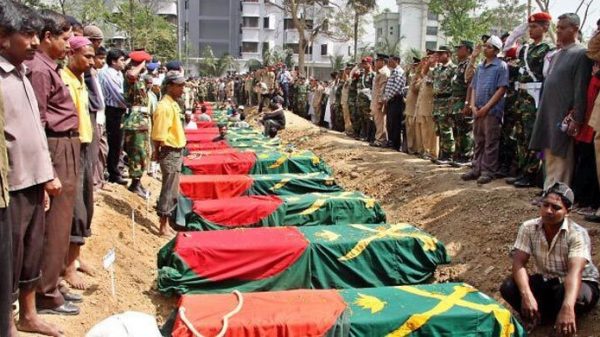
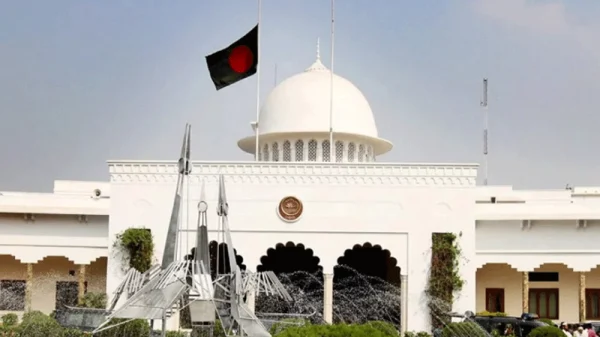
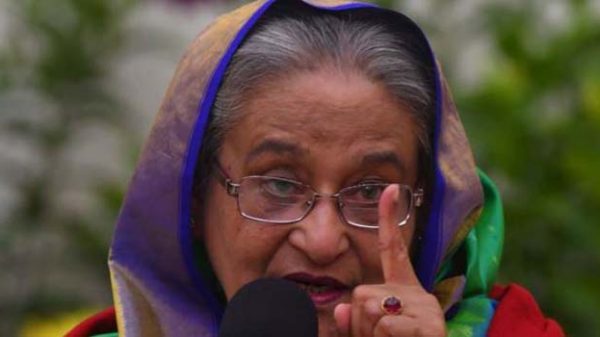
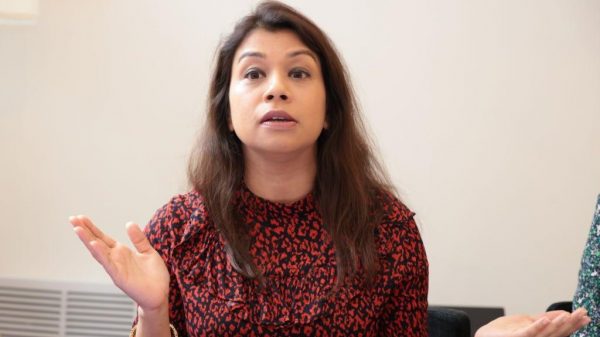
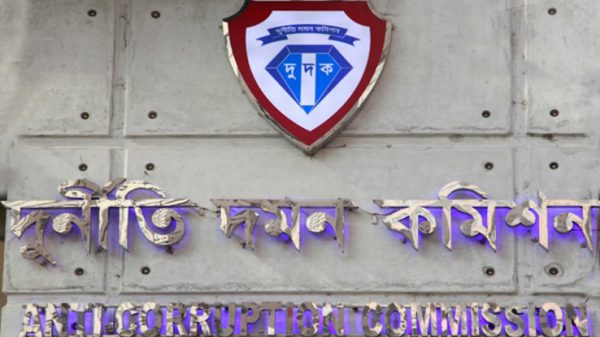
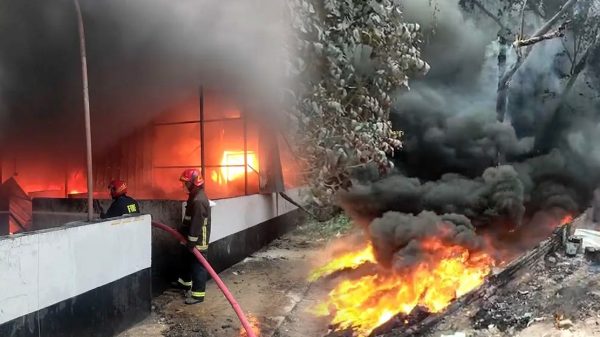

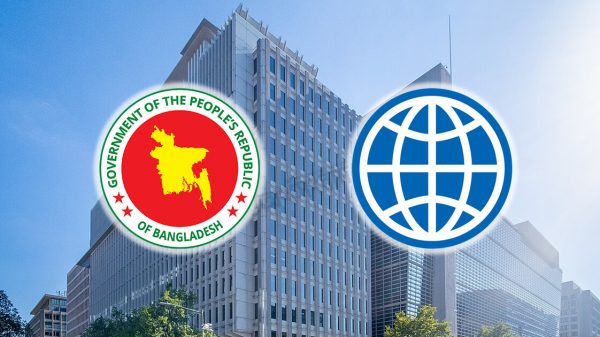

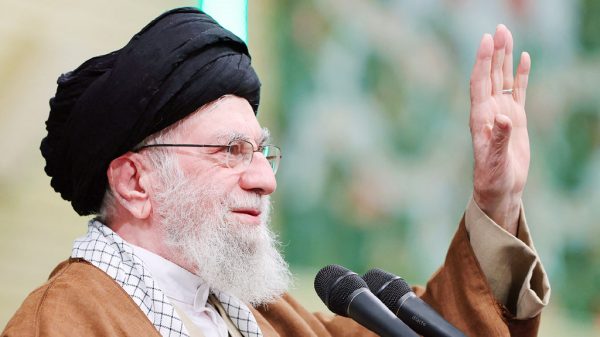
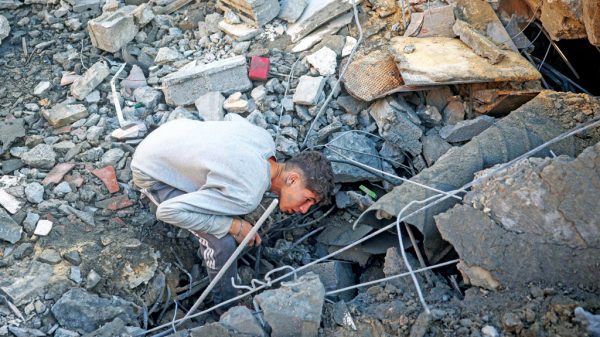












Leave a Reply